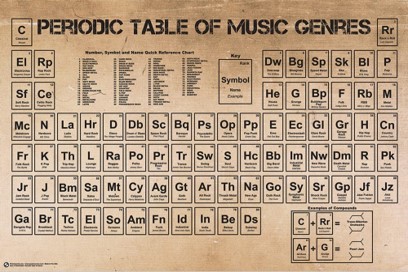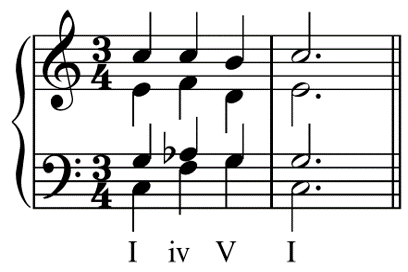Building a Diverse Repertoire: Incorporating Multicultural Music
Music is a universal language that transcends cultural boundaries. Embracing multicultural music enriches your repertoire and fosters cultural appreciation and understanding. Exploring World Music: Explore genres from different cultures, such as traditional folk songs, classical compositions, or contemporary hits. Immerse yourself in the rhythms, melodies, and instruments unique to each culture. Incorporating Instruments: Integrate traditional










